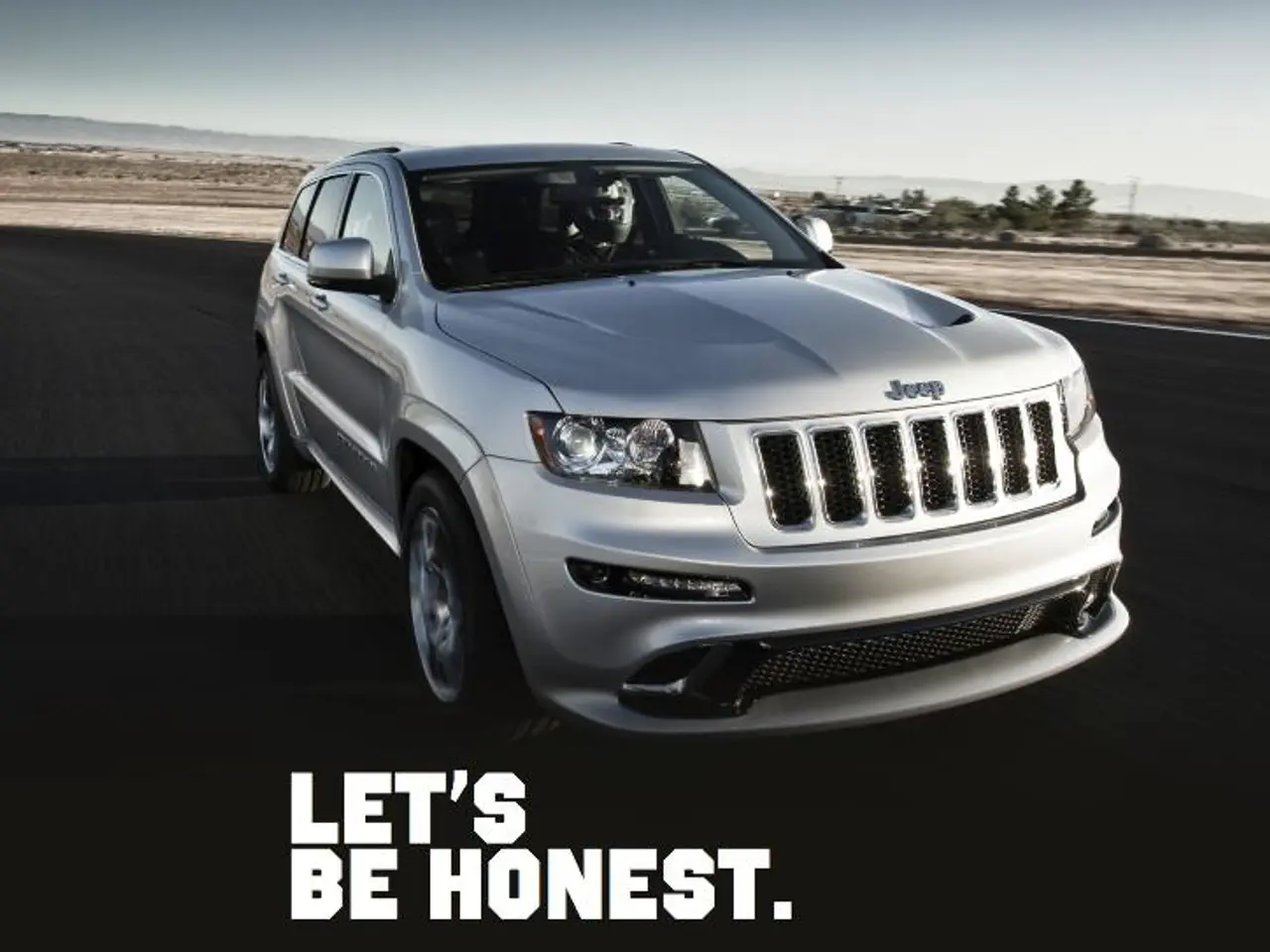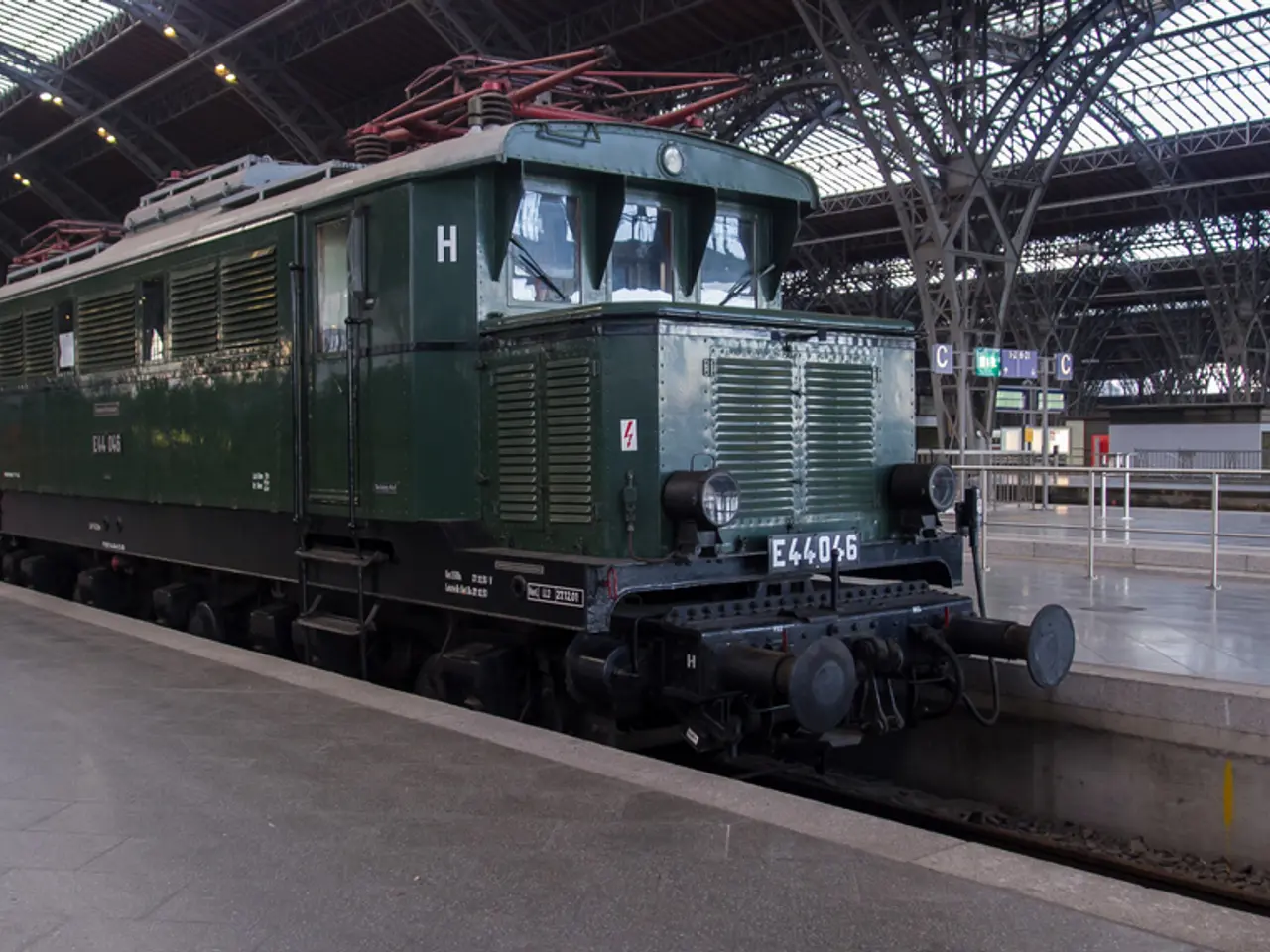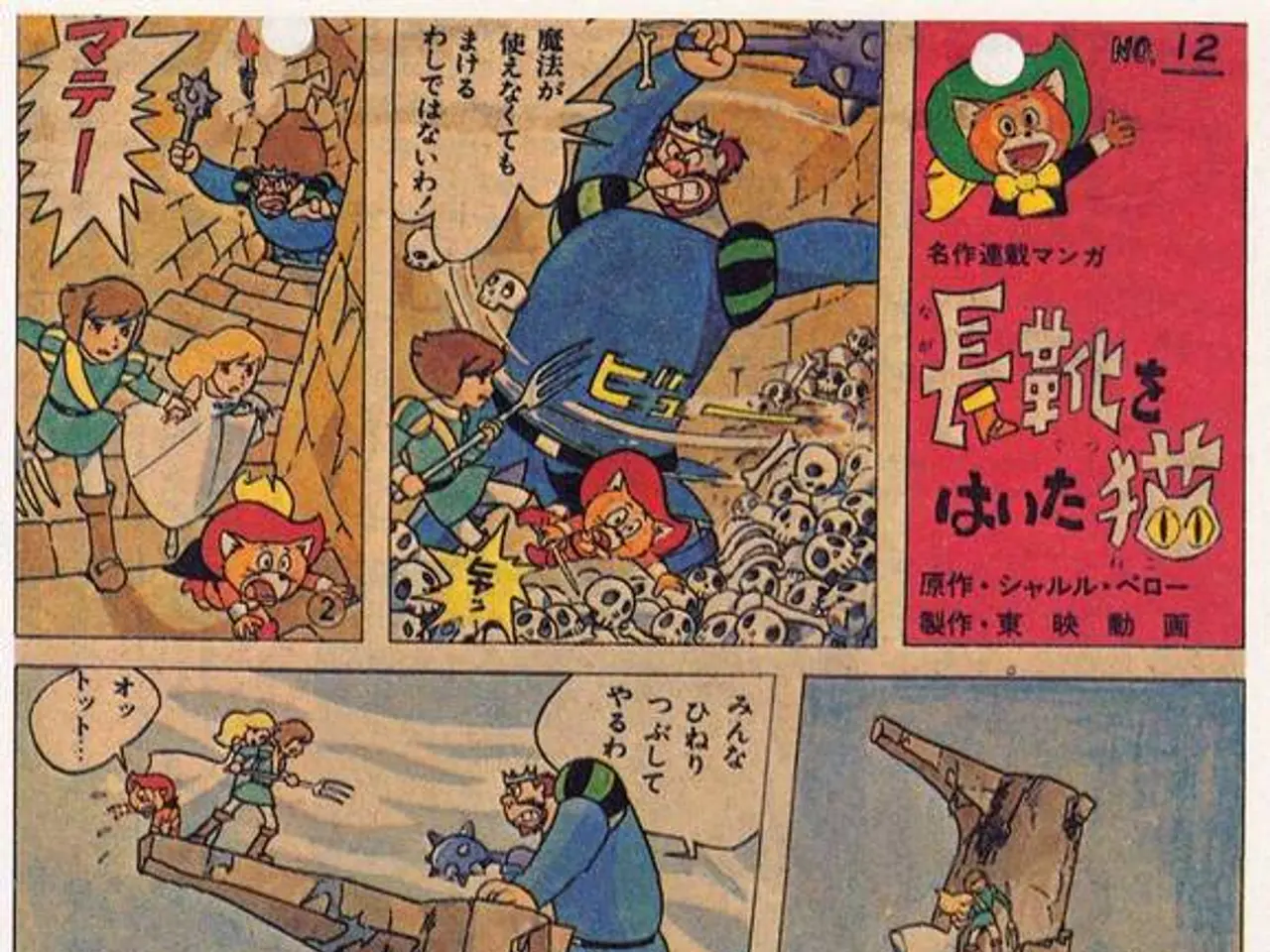Guide for potential buyers of Morris Minor Traveller vehicles
In the world of classic cars, the Morris Minor Traveller remains a popular choice for its practicality and timeless charm. However, potential buyers should be aware of the common issues that may arise when purchasing this iconic vehicle.
One of the most critical areas to inspect is the wooden rear bodywork framing. This essential structure can weaken dangerously if rot is present. To check for rot, simply squeeze the wooden sections by hand. If they feel soft or give way, this is a strong sign of decay and neglect.
Another common problem area is rust, which often affects several traditional spots on the Morris Minor Traveller. These include the crossmembers under the front seats, the inner part of the sills beneath the carpets, the front crossmember supporting the front suspension torsion bars, the floors of the car, door bottoms, and headlight apertures. Look for any crusty, flaky surfaces or holes as signs of rust. Additionally, check the gap between the front wings and bonnet; poorly aligned panels might indicate previous disturbance or poor repairs, often involving rust or structural issues.
To identify neglected woodwork, aside from hand-squeezing the rear wooden frames, also look for any poor fitment or misalignment around the wood panels and mounting points. For rust, visual inspection for crusty, flaky surfaces or holes is essential.
In summary, when buying a Morris Minor Traveller, it's crucial to inspect for wood rot in the rear frame, rust in crossmembers, rust on door bottoms, panel fitment, and floor condition. These inspections help identify neglected woodwork and rust problems that commonly affect Morris Minor Travellers, which are critical for ensuring structural safety and the vehicle’s longevity.
Other aspects to consider include upgrading to an alternator to accommodate modern demands like brighter headlights and phone charging, DIY projects to improve the interior, and useful upgrades like a remote brake servo or front disc conversion for improved braking.
With careful inspection and a keen eye for potential issues, a Morris Minor Traveller can make for a rewarding classic car investment. Whether you're after a tidy, useable vehicle for around £8000 or a nicest survivor or well-restored Morris Minor Traveller costing £14,000 and above, the classic car market values for the Morris Minor Traveller are on the rise.
- To enhance the lifestyle benefits of owning a Morris Minor Traveller, consider finance options for upgrades such as an alternator for modern demands, DIY interior improvements, or safety and performance upgrades like a remote brake servo or front disc conversion.
- Beyond the mechanical aspects, the choice of a Morris Minor Traveller can reflect personal interests, conversely tying in with sports enthusiasts who appreciate the fusion of vintage charm and classic motoring, much like embracing fine finance management strategies that foster long-term rewards.




